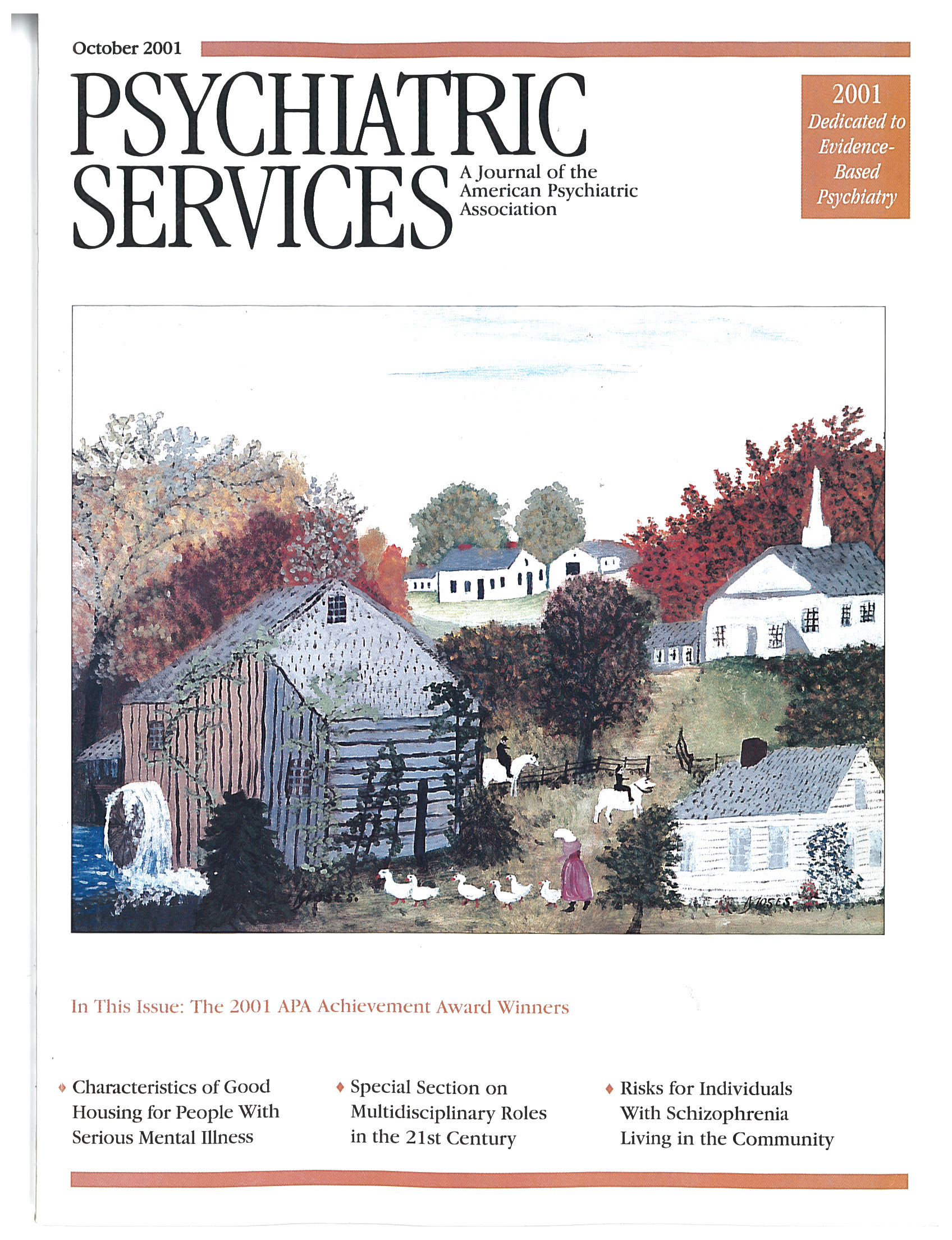This book is related to a movement in the field of addictions treatment to offer alternatives to the 12-step Alcoholics Anonymous approach that has dominated treatment for most of the past century. Specifically, the book presents an approach for the training of professionals in a method known by the acronym BRENDA: "biopsychosocial evaluation; report to the patient on assessment; empathic understanding of the patient's situation; needs collaboratively identified by the patient and treatment provider; direct advice to the patient on how to meet those needs; and assess reaction of the patient to advice and adjust as necessary for best care."
The approach fits within the framework of motivational enhancement methods that have come into wide use as a way of engaging and retaining addiction patients, who are notoriously difficult to treat. Indeed, the foreword to the book is by William R. Miller, one of the originators of such methods.
What makes this book especially helpful is that it provides a concrete system for putting motivational methods into action. The acronym itself serves as a memory aid, and three in-depth case examples offer guidance on implementing the approach through the various stages of treatment. Clinical dialogues convey the tone of interventions, and several assessment tools are provided.
A major strength of the book is the authors' attention to several innovations in the addictions field that are as yet unknown to many providers: the change in definition of addiction from physical dependence to compulsive use; the effectiveness of supportive rather than confrontational methods; the need for a multidisciplinary approach; and the growing use of outpatient rather than inpatient modalities. Throughout, the writing is clear and straightforward.
The book is most appropriate for basic-level addictions training—for clinicians who are new to the addictions field; those who perform primarily a triage role, such as nurse practitioners and primary care personnel; and those who are accustomed to using older methods and want guidance on the use of newer approaches.
One of the major weaknesses of the book is its lack of attention to some of the more complex issues clinicians struggle with. For example, how can clinicians provide high-quality care—including use of the BRENDA method—in a context of limited treatment resources, such as when a patient lacks insurance or is covered only for a brief inpatient stay, or in areas that have few or no referral resources, such as rural or inner-city settings? Also, how should co-occurring disorders be addressed? The BRENDA approach includes a brief assessment of basic symptoms, such as symptoms of depression or anxiety, but it does not include assessment or treatment guidance for common co-occurring disorders, such as personality disorders or posttraumatic stress disorder.
Another major weakness of the book is that it does not describe empirical support for the BRENDA approach. Indeed, although the authors state that the approach has been empirically evaluated, they provide no description of the studies that were used in the evaluation or of additional research that is needed—a curious omission, given the authors' prominence as clinical researchers.
This book is a solid, basic learning tool that conveys how to work with addicted patients compassionately and effectively. The need for such care has never been greater.

